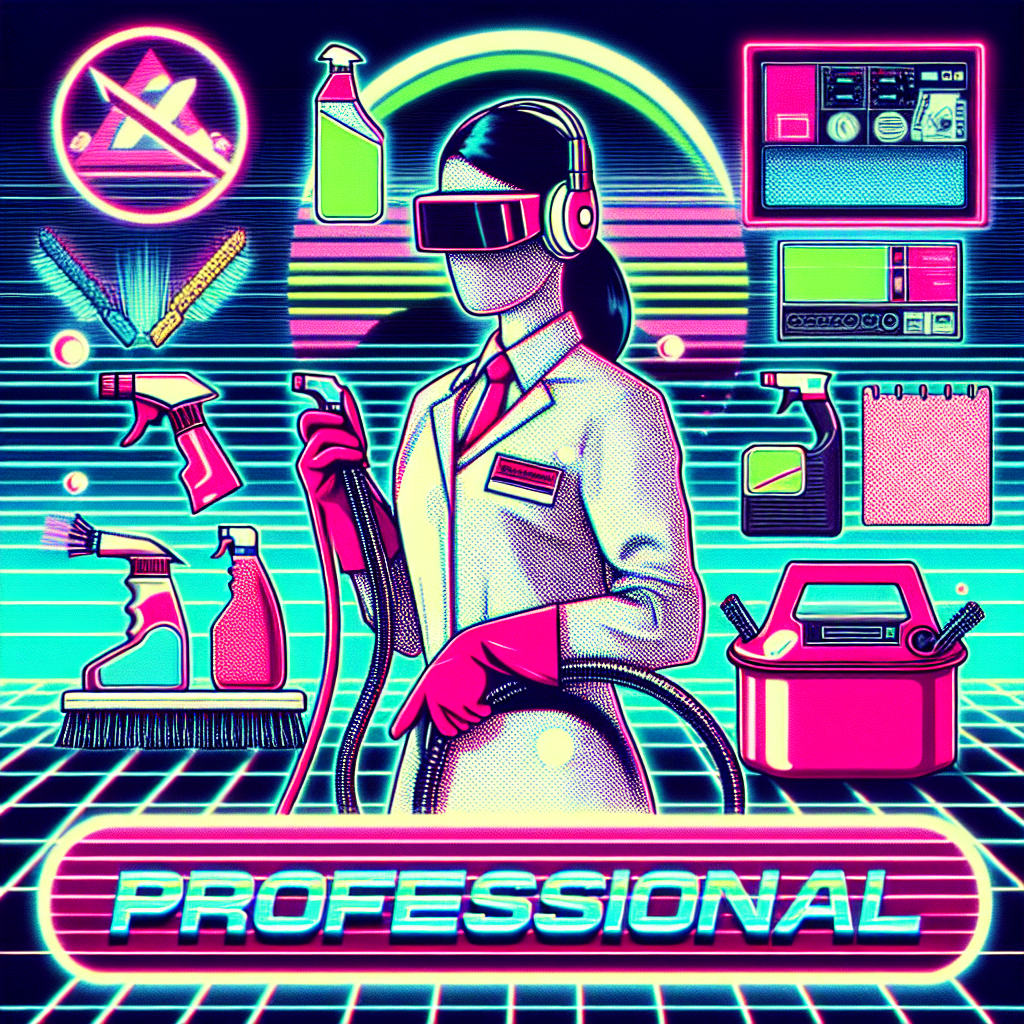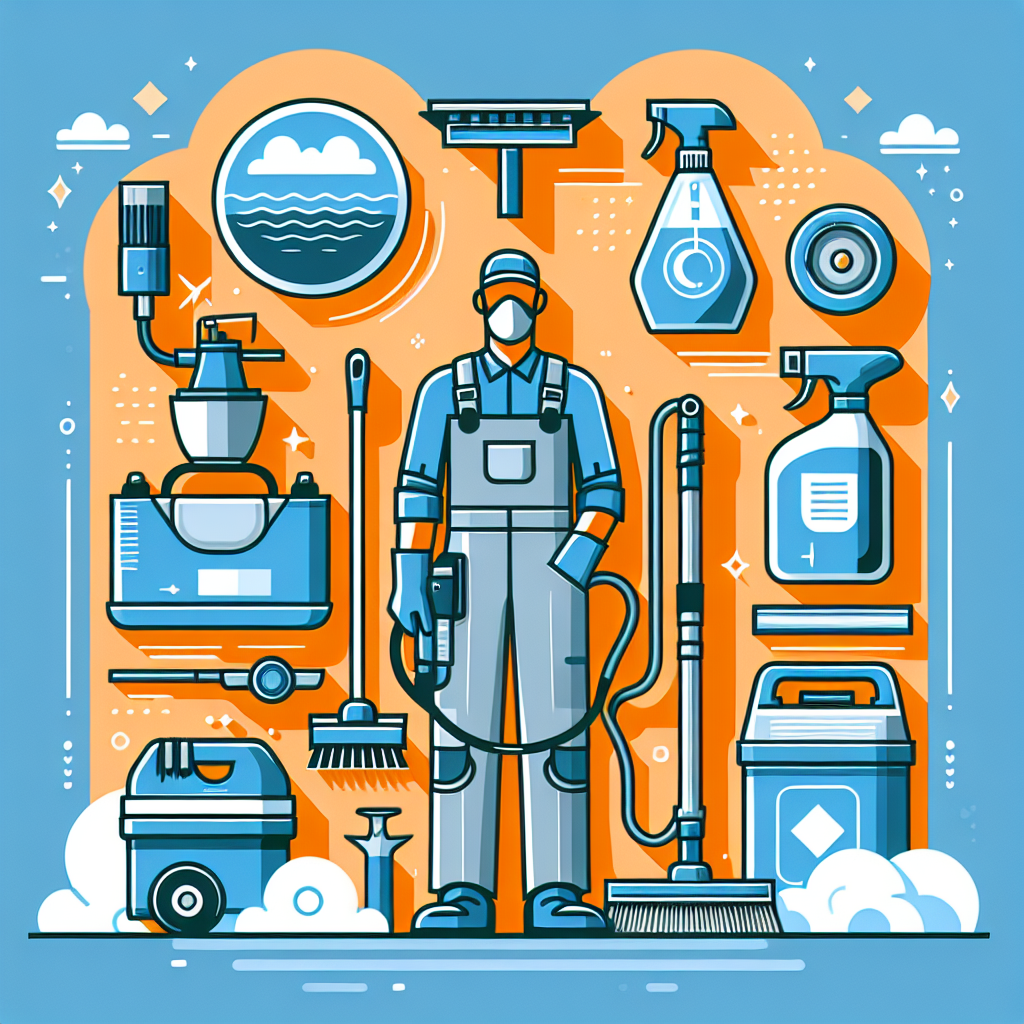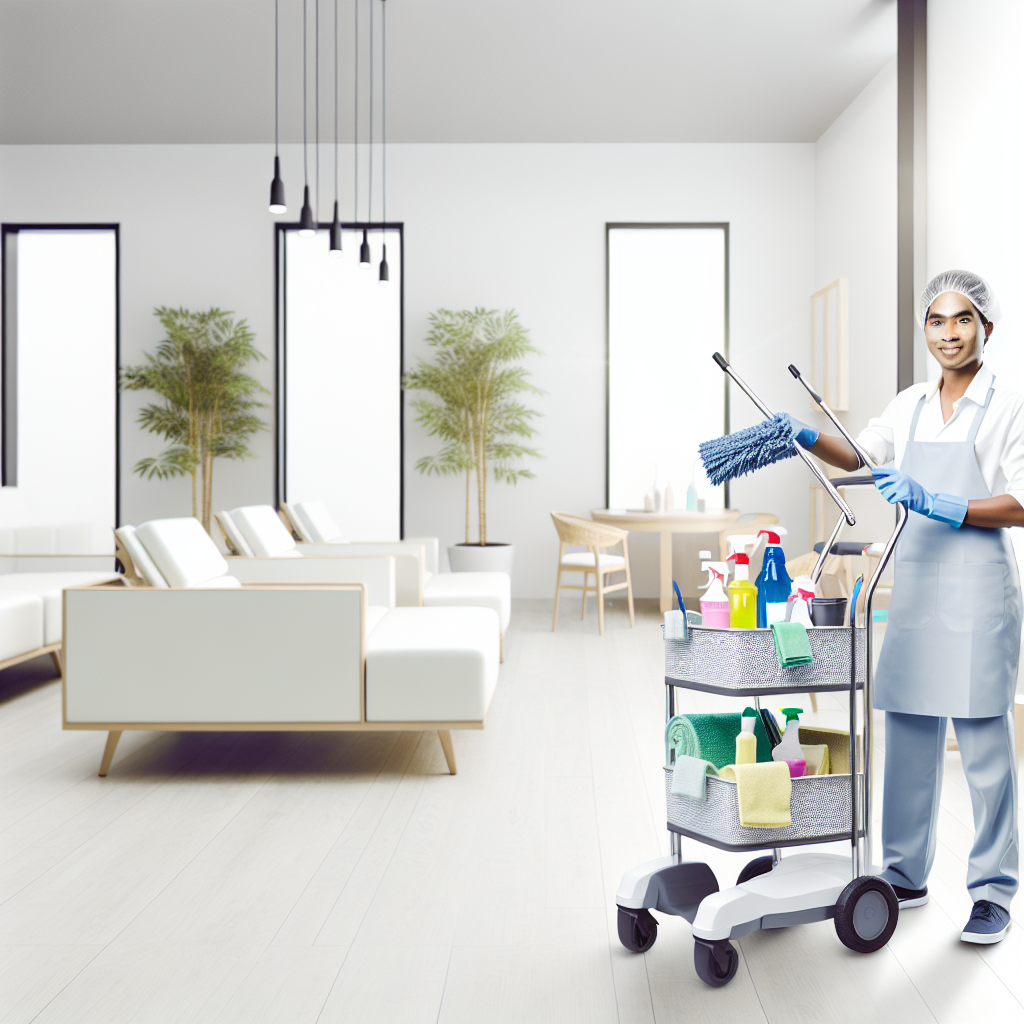Importance of Specialized Cleaning Techniques
Specialized cleaning plays a pivotal role in maintaining a safe and hygienic environment in healthcare facilities. Effective specialized cleaning techniques help prevent the spread of infections, reduce cross-contamination risks, and ensure compliance with industry standards and regulations.
Understanding Different Cleaning Challenges
Healthcare facilities present a diverse range of cleaning challenges due to the presence of various surfaces, equipment, and patient care areas. Understanding the specific cleaning requirements for different spaces within a healthcare facility is essential for delivering effective cleaning outcomes.
- Operating Rooms: Require meticulous cleaning to prevent surgical site infections and maintain sterile conditions.
- Isolation Rooms: Demand specialized disinfection protocols to control the spread of infectious diseases.
- Patient Rooms: Need thorough cleaning to ensure patient comfort and prevent healthcare-associated infections.
Adopting Efficient Cleaning Strategies
Efficient cleaning strategies are essential for healthcare facility cleaning professionals to optimize their specialized cleaning processes. Implementing time-saving techniques and using the right cleaning tools can enhance productivity and ensure high cleaning standards are met consistently.
Leveraging Technology for Specialized Cleaning
Technology plays a significant role in modern specialized cleaning practices. From automated cleaning equipment to advanced disinfection technologies, leveraging technological innovations can improve efficiency, accuracy, and overall cleaning outcomes in healthcare facilities.
Technology is transforming the way healthcare facilities approach specialized cleaning, enabling professionals to achieve higher levels of cleanliness and infection control.Ensuring Compliance with Regulatory Standards
Compliance with regulatory standards is non-negotiable in healthcare facility cleaning. Professionals must stay informed about industry regulations, guidelines, and best practices to ensure that their specialized cleaning techniques align with the highest standards of cleanliness and safety.
Continuous Improvement and Training
Continuous improvement and training are essential components of mastering specialized cleaning techniques in healthcare facilities. Ongoing education, skill development, and feedback mechanisms help professionals refine their cleaning skills, adapt to new challenges, and deliver exceptional cleaning results consistently.



